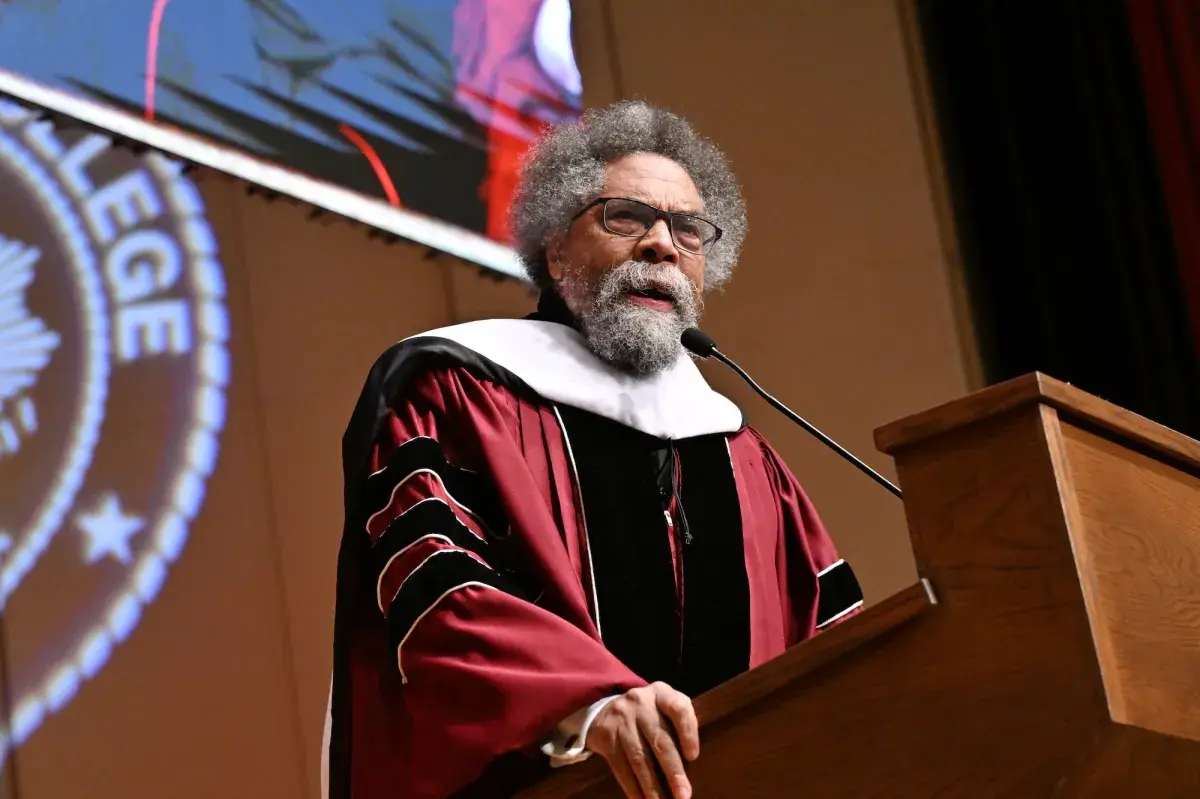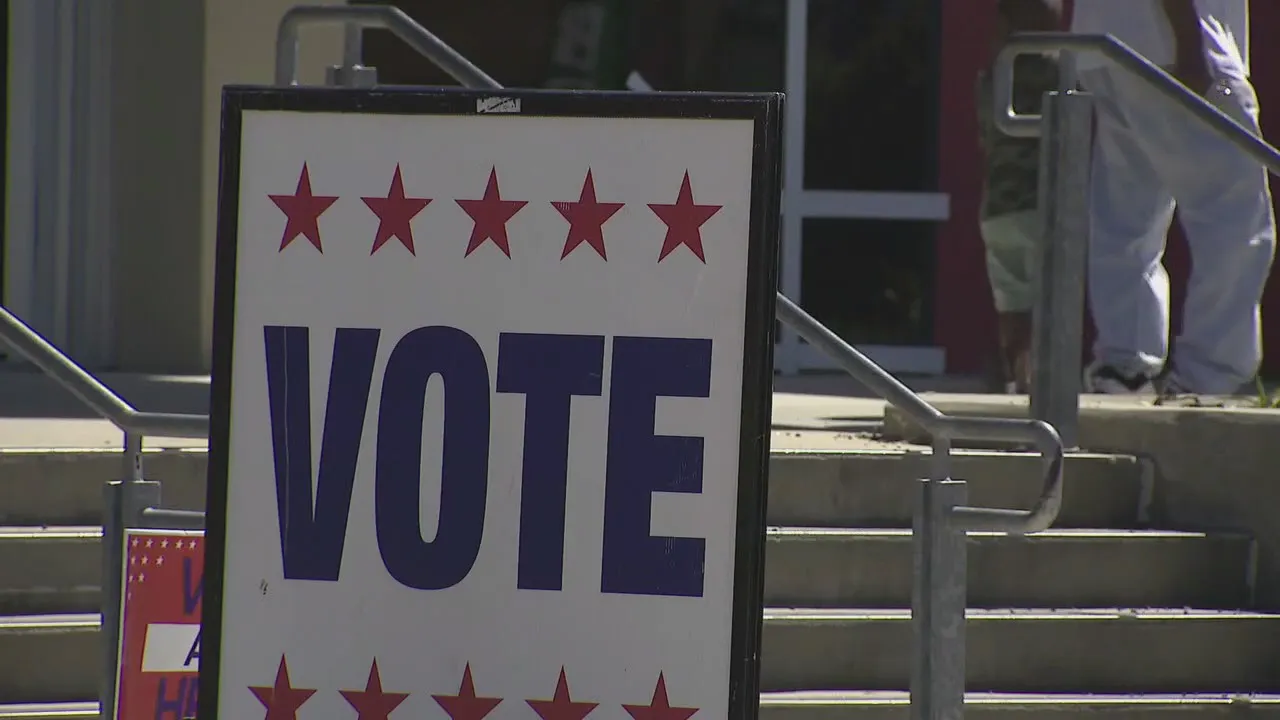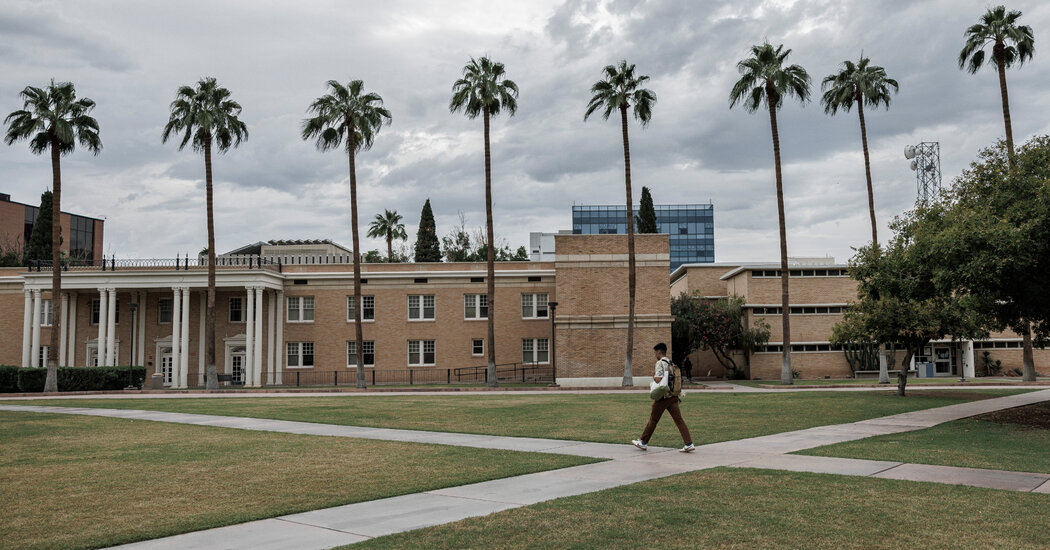Copyright Newsweek

After reaching record lows, Americans' confidence in higher education has risen slightly this year. But American universities are still far from escaping the dark woods of distrust. Higher education is under assault from without and within. Donald Trump is a gangster, using mafia tactics to bully universities into conforming to his ideological illusions rooted in fear, in spectacle, in obedience. But the people were losing faith in the ivory tower long before Trump paraded onto the scene. For decades, they have been disillusioned by the cynicism, intellectual narrowness and greed of the corporate academy, which chose profit over principles while providing knowledge without conscience, skill without reflection, and schooling without heart. Universities have abandoned soul formation in favor of vocation, losing their moral vision in pursuit of market metrics. Yet now, with artificial intelligence threatening to rob young graduates of a career, universities may even fail to fulfill their worldly promise of employment after graduation. And so, trust declines further. Universities must resist. They must remember that the academy is not a mall, not a machine, not a ladder to corporate success. The academy is a crucible for human formation, a place where minds and hearts are forged in the fire of inquiry, reflection, complexity and nuance. Students must be trained to confront the fundamental questions of human existence, to think ethically, to act morally and to love humanity boldly. Faculty must not simply teach content—they must awaken consciences, stir courage and guide students toward wisdom. Universities will regain trust when they cease to offer students a mere degree and instead provide the opportunity for young people to become men and women of conviction, courage and compassion. The revival of the classics and humanities is essential to this moral renaissance. Greek tragedies, Roman philosophy, African American literature, global masterpieces—these are not dusty relics. They are instruments for cultivating discernment, empathy and courage. They root us in our tradition, giving us a framework to identify injustice and a language to find our voice against tyranny and oppression. Universities should restore their removed classics and humanities departments. They should bring back the great generational conversation of the Western Canon and revitalize it with the most excellent voices from Africa, Asia, Latin America and the rest of the world. The one silver lining in the Trump administration’s otherwise repugnant educational agenda is that it has begun promoting the Classic Learning Test, where I am an unpaid academic board member. This test—steeped in the texts of the Great Tradition—pushes students and schools to treat assessments not as a bureaucratic hoop or a mechanism of exclusion, but as a gateway to deep, reflective learning and engagement with timeless lessons that form both mind and soul. Imagine a university where students wrestle with Plato, grapple with Sophocles, analyze Frederick Douglass and emerge not only skilled but whole, vigilant and virtuous. Such a university rooted in the classics will also undoubtedly cultivate a culture of integrity and humility not only among those being educated, but among the educators and the administrators as well. Leadership can be made transparent and governance accountable. Administration can grow to model the virtues it should be made to preach. Cheating, exploitation, performative metrics and prestige obsession cannot go unchallenged. The work of education is sacred. Every decision, every policy, every classroom moment must radiate honesty, courage and moral clarity. When institutions live these truths, public trust will follow, not as a gift, but as a recognition of moral fidelity. For when we sow the seeds of the classics, we will reap generational change. The students and scholars nurtured in this ancient way will not be timid. They will be spiritually strong. They will be intellectually fearless. They will navigate uncertainty with resilience, complexity with clarity and society with responsibility. These graduates will not merely consume knowledge—they will wield it in the service of justice, in defense of democracy and in love for the oppressed. Higher education stands at the edge of a precipice, threatened by the prospect of being overpowered by Trump, undermined by AI and overthrown by a dissatisfied populace. To survive, universities must reclaim their calling as moral and intellectual lighthouses, standing firm against intimidation, complacency and fear. They must recover their courage. They must restore their integrity. They must renew their souls. Only then can universities regain public trust. Only then can they form citizens capable of confronting the chaos of our time. Dr. Cornel West is the Dietrich Bonhoeffer Chair at Union Theological Seminary. The views expressed in this article are the writer's own.



